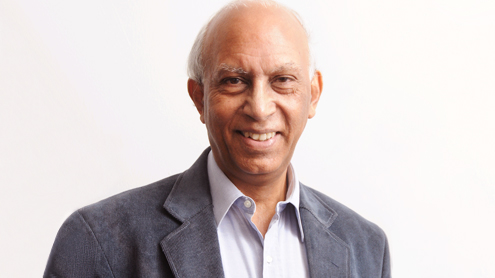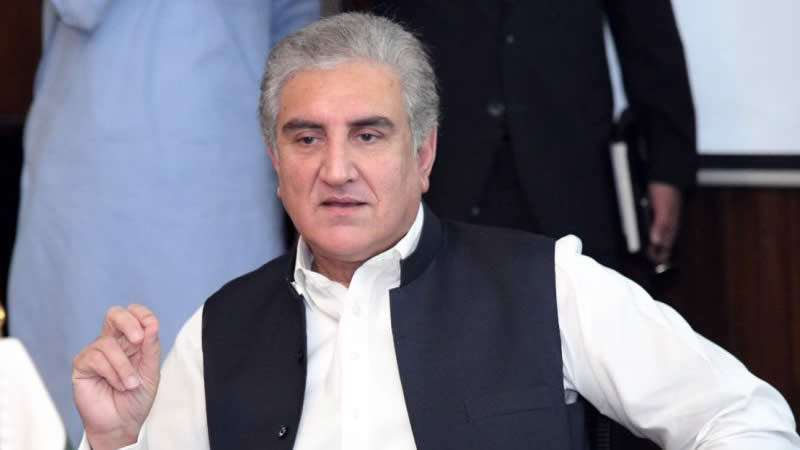 A vivid account of the severe life conditions that exist for such prisoners. The narrative is not entirely negative and dismal. We learn about good jail wardens, ordinary constables, and other staff and indeed fellow prisoners
A vivid account of the severe life conditions that exist for such prisoners. The narrative is not entirely negative and dismal. We learn about good jail wardens, ordinary constables, and other staff and indeed fellow prisoners
To be consigned to death row in jail can be the ultimate travesty of justice for a human being claiming to be innocent. To survive such an ordeal, and against all odds one day be set free without having convinced the courts of one’s innocence must be a unique achievement. That is exactly what happened to a young man, Sohail Fida. He has narrated his stranger-than-fiction life story in his Soul Unshackled: A Harrowing and Heroic Autobiographical Account of a Prisoner (Karachi: Paramount Books, no year of publication given but it is 2012).
The indomitable Sohail Fida was born in Mingora, Swat on August 28, 1982 in a middle-class Pakhtun family. Barely in college in April 2000, he was taken into police custody on suspicion of being involved, along with some others, in the murder of another teenager Zubair, his friend and cousin. Another young man Rafiq was also charged. According to Sohail, he was tortured in police custody to admit being the murderer but he refused. The police officer investigating the case told his father that if he paid a bribe of Rs 200,000, his son could be set free. His father refused and that allegedly turned him against Sohail. The police officer allegedly tricked a confession from him, making Zubair’s father tell him that although he was convinced that Sohail was innocent the police officer was not and that if he accepted his guilt in court, then he (Zubair’s father) would sign a compromise deal and get him out. Sohail agreed. That sealed his fate.
Sohail’s father, somehow, was able to convince the jail authorities to let him study for his intermediate examination. He passed the examination in 2002, but the session judge in Swat finding him guilty, sentenced him to death on July 23, 2002. He was moved to the Haripur Central Jail where he was placed on death row along with Rafiq. He presents a vivid account of the severe life conditions that exist for such prisoners. The narrative is not entirely negative and dismal. We learn about good jail wardens, ordinary constables, and other staff and indeed fellow prisoners.
Meanwhile, Sohail began studying for the BA exam, passing it in 2004. He made friends with some other prisoners; among them were foreign professors who were serving sentences for involvement in drugs smuggling. Some highly educated Pakistanis in prison helped him with English and other subjects. During this period, he read Urdu and English literary classics, history, autobiographies and biographies available in jail libraries — something that made the librarians visit him personally because nobody in the past awaiting execution had shown interest in literature.
Sohail says that in those daunting circumstances his spirit and resolve remained intact, largely because of his deep faith in God. He read the works of Marxist writers and at times became sceptical about religion and God, but such moods did not last long and he believed that since he was innocent, God would help him. His religious convictions did not at any point attract him to extremist ideas though; he considered it personal and that’s all.
Having graduated, Sohail now wanted to do an MA in International Relations (IR). He wrote to the head of the IR department of Hazara University and the Peshawar University for help and advice, receiving it generously. Rafiq had been with him in jail all along. Encouraged by his good example, he decided to follow suit and started to study. Watching television, reading newspapers and getting the help of foreigners in jail helped him improve his English. He also received free copies of the Islamabad-based academic quarterly journal, Strategic Studies. His subscription fee was returned with the words that they would feel ashamed to charge him for the journal.
Sohail took the written examination and the viva voce a couple of weeks later. The professor who conducted the exam on Current Affairs was amazed at his knowledge, but even more so by the fact that he had gained all that knowledge while being on death row. On February 24, 2007 the result was announced. Sohail not only passed the examination, he secured very high marks. Only six more students scored higher. On July 27, 2007 his death sentence was commuted to life imprisonment.
By that time, Sohail’s amazing resilience had attracted curious journalists. On October 15, 2007 he received a letter from Qudsia Kadri, editor-in-chief of the Financial Post, expressing a wish to publish a series of articles on his life. That gained him much-needed publicity. He received visits from federal and provincial ministers and NGO representatives. Newspapers began to report his extraordinary life story. On the advice of a foreign jail-mate Hendrik, he submitted an application to the Home Department for a higher class in prison. The HRCP supported his case but it was rejected by the Home Department. However, a woman Home Secretary, being sympathetic, got him first class in jail. Sohail went on to pass the MA History examination and in 2011 he took the examination for MA English Literature; the result is expected in March 2012.
In 2007, he wrote to Paramount Books for a copy of their book, Memoirs and Reflections of a Pakistani Diplomat, by senior diplomat Sultan M. Khan. They sent a complimentary copy that established a lasting bond. The result is Soul Unschackled. He has been released recently. The book makes most interesting reading of a singularly unique experience with hardly anything comparable. We get also glimpses of the goodness of people in a society whose justice system remains highly unsafe.
The writer has a PhD from Stockholm University. He is a Professor Emeritus of Political Science, Stockholm University. He is also Honorary Senior Fellow of the Institute of South Asian Studies, National University of Singapore. His latest publication is: The Punjab Bloodied, Partitioned and Cleansed: Unravelling the 1947 Tragedy through Secret British Reports and First-Person Accounts (Karachi: Oxford University Press, 2012; New Delhi: Rupa Books, 2011). He can be reached at [email protected] – Dailytimes












